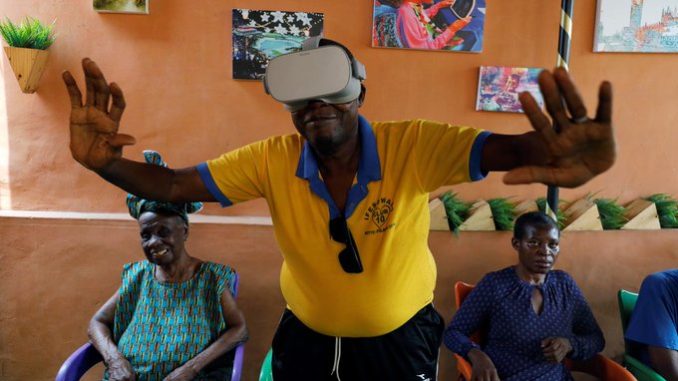
Meta is taking the metaverse to the world’s youngest population but admits it has no plans to reduce the cost of VR headsets
Meta sees a huge metaverse business potential in Africa—$40 billion added to the continent’s GDP by 2031. This ambitious goal has one major caveat, “only if the metaverse were to be adopted and grow in a similar way as mobile technology.”
But the continent is grappling with challenges that if not addressed mean it will be the last to plug into the company’s immersive tech and not in the grand way that Meta hopes it will.
In an attempt to ensure it grows at the same rate as mobile innovation, Meta plans to offer the metaverse through smartphone apps. Yet many African users struggle to understand what the metaverse means to them while a huge portion of the population is yet to own a smartphone.
The cost of mobile internet is highest in Africa while internet speed in the continent is still the slowest in the world. Meta hopes its 2Africa sub-marine internet cable will help reduce internet costs in Africa, but that may not happen any time soon.
The cost of Meta’s VR headsets ($400) is too high for an average African family. Meta is spending $50 million in 16 African countries to educate users on VR, AR, and XR but its CEO Mark Zuckerberg is facing resistance from his own employees, who believe his metaverse obsession will kill the company. The Metaverse has also been tainted by intellectual property infringements, fraud, cybersecurity threats, and impersonation.
